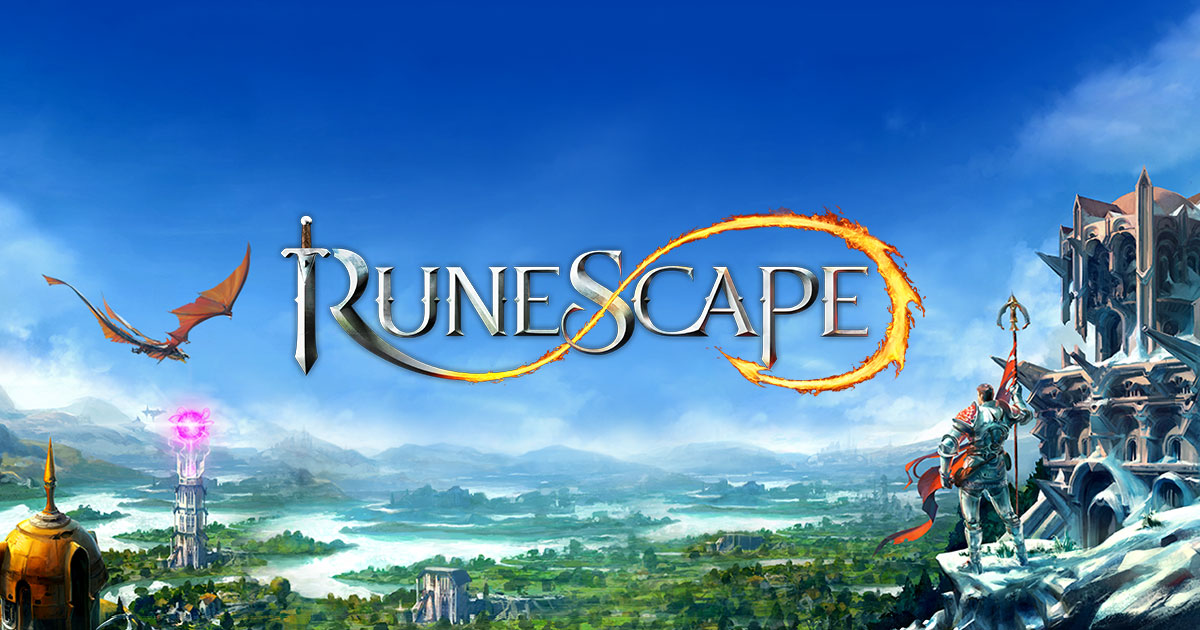Jagex launched its RuneScape massively multiplayer online role-playing game in 2001, and 17 years later, the free-to-play fantasy game is still going strong. The game has been played by more than 250 million people, and it has undergone two major upgrades. In 2013, it release Old School RuneScape to keep original fans happy, and it created a fork that focused on more modern gameplay. A mobile version is coming this year.
In 2016, Cambridge, England-based Jagex was acquired by a Chinese company, Hongtou, which was then purchased by Zhonghi Holding, later renamed Fukong Interactive Entertainment. After all of that financial maneuvering, the company went quiet. Phil Mansell, a longtime employee, became CEO of the company in early 2017, and he kept his head down to focus on remaking both Jagex and RuneScape.

Unlock premium content and VIP community perks with GB M A X!
Join now to enjoy our free and premium membership perks.
![]()

![]()